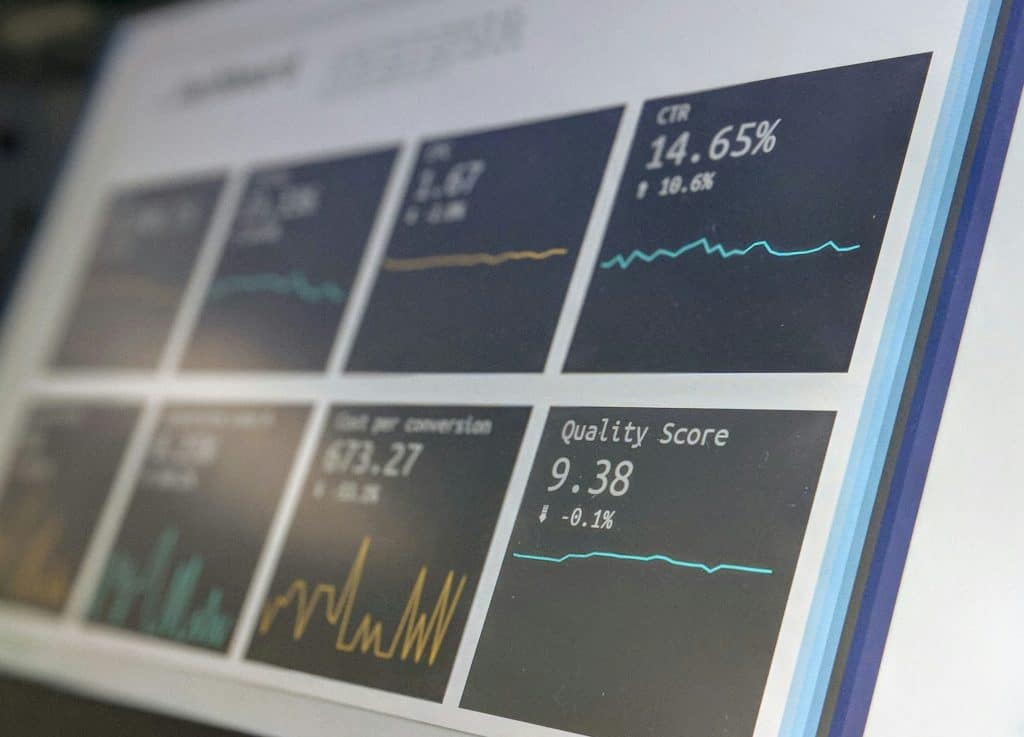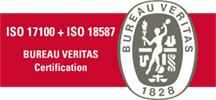It is between April and June when companies begin to close accounts for the prior year and report them to the tax authority. They also begin to prepare annual reports and accounts to present to investors, partners and the general public. Here we present a summary of what reports and accounts are, who needs to present them and some interesting facts.

Essential Components of a Financial Report
Balance Sheet
The balance sheet provides an overview of the company’s assets, liabilities and net worth.
Income Statement
This statement shows the company’s financial performance over a specific period, detailing revenues, expenses and profits.
Cash Flow Statement
It details cash inflows and outflows, crucial for assessing company liquidity.
Explanatory Notes
The notes provide context and additional explanations about the items in the financial statements.
What is an annual report and accounts document necessary for?

Annual reports and accounts are essential documents for transparency and effective management of a company. All companies, regardless of size, must prepare and present annual accounts, in accordance with the Code of Commercial Companies. This requirement aims to guarantee accountability and respective taxation, in deference to the Portuguese State.
Large companies
In Portugal, the obligation to present these reports applies mainly to large companies and entities listed on the stock exchange, depending on their size, structure and sector of activity.
These entities have strict obligations. They are those that meet two out of the following three criteria: a balance sheet total of 20 million euros, a net turnover of 40 million euros, and/or an average number of 250 employees during the established period. In these cases, the reports and accounts must be audited by a statutory auditor, guaranteeing an additional level of credibility and compliance.
Companies listed on the stock exchange, such as EDP, Jerónimo Martins, Sonae and Mota-Engil, are required to submit annual reports in accordance with the regulations of the stock exchanges where they are listed, such as Euronext Lisbon. These obligations ensure a high level of transparency and protect the interests of investors and the public.
Not only in the case of listed companies, but also at large companies, annual reports and accounts must include several documents:
- – the balance sheet;
- – the income statement;
- – the cash flow statement;
- – the statement of changes in equity;
- – the annex to the balance sheet and the income statement.
This set of documents provides a complete view of the company’s financial situation, its performance during the year and its future prospects.
The need and obligation to present annual reports is not only due to regulatory requirements, but also to maintain investor confidence, attract capital, and demonstrate responsibility and transparency in its management. Annual reports are characterised by their scope and detail, providing a clear and complete view of the current and future state of the company.
Micro, small and medium-sized businesses
According to data from the National Institute of Statistics (INE), in 2022 there were approximately 14 million active companies in Portugal. Most of these are small and medium-sized enterprises, which represent the majority of the Portuguese business fabric. Micro-enterprises and SMEs present their accounts mainly through the Simplified Business Information (IES) and are not obligated to publish detailed annual reports.
Other companies
In addition to commercial companies, cooperatives, associations, foundations and public companies are also subject to these obligations. Each of these entities must meet specific requirements, as stipulated by applicable legislation.
The Need to Translate Annual Reports and Accounts

The translation of reports and accounts is fundamental for companies that operate internationally, as it is crucial to ensure that all stakeholders understand financial information accurately, regardless of their language.
This level of transparency is crucial for the proper functioning of financial markets and for public trust in large companies.
Also, as mentioned above, the need for a financial report helps attract new investors. In the case of a company’s globalisation, it is a mandatory criterion in the process.
Using a professional translation service has numerous advantages. First of all, it avoids mistakes that can lead to misunderstandings and wrong decisions. It improves investor confidence, as it increases your company’s transparency towards potential stakeholders. It makes it easier to expand further outside. Professional translations help companies comply with international regulations. Only a translator who is a native speaker of the target language and has the appropriate training has such information in his or her possession.

In summary, the obligation to present annual reports and accounts in Portugal mainly covers large companies and entities listed on the stock exchange. The preparation of these documents is crucial not only for legal compliance, but also for the transparent and efficient management of companies. Compliance with these obligations contributes to a more transparent business environment, promoting trust among investors, creditors and other interested parties.

